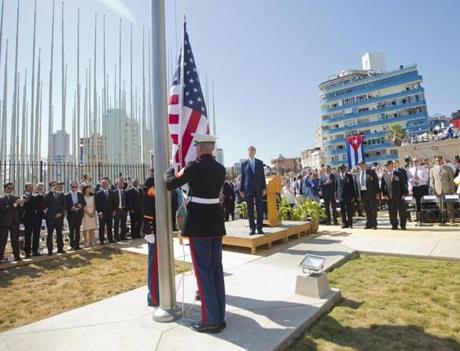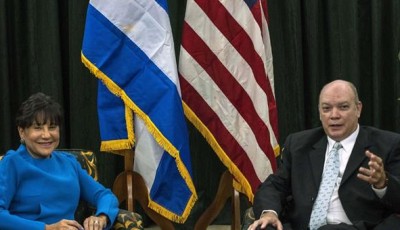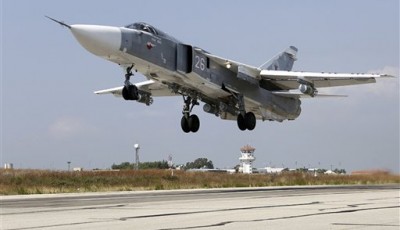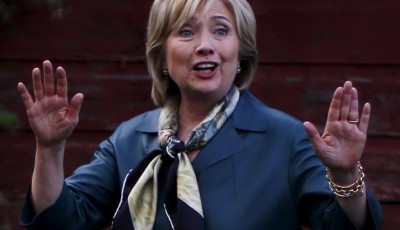US and Cuba spar over human rights after flag ceremony
Earlier on Friday, Secretary of State John Kerry travelled to Cuba to take part in the US embassy reopening ceremony that marked the normalization of relations between the two countries.
Fifty-four years ago, three young U.S. Marines were entrusted with the solemn task of lowering the American flag at the U.S. Embassy in Havana for what they thought would be the last time. They paired their praise with calls for the United States to lift the 53-year-old trade embargo and allow easier travel between the two countries.
“Kerry’s message was that the United States would continue to support democracy and pressing the subject of human rights in Cuba“, said Martha Beatriz Roque, one of 75 former political prisoners jailed in what is known as the Black Spring of 2003.
Several hundred people – Cubans and Americans – gathered at 7 in the morning at the Malecon ocean drive, some 50 meters away from the embassy, and witnessed the reopening ceremony.
According to the Pew Research Center, however, Americans are less confident that Cuba will move toward a democratic form of government, which Kerry stressed as an important shift in his speech during the ceremony. Last week, Cuba reportedly arrested around 90 activists.
But Kerry insisted the breakdown in ties and the US trade embargo on the island had failed to force Cuba to reform – and that a new path must be sought.
Secretary of State John Kerry – the highest-ranking U.S. official to visit the island since World War II – presided over the ceremony, and those in the crowd enthusiastically waved their own American flags.
“More democracy, elections, we hope for that to come with this diplomatic opening”, said Julio Garcia, a 51-year-old mechanic. Dissidents were not invited to the morning flag-raising in deference to the Cuban government, which sees dissidents as U.S.-sponsored mercenaries.
In an open letter yesterday, Castro said the United States owed Cuba millions of dollars because of its 53-year-long embargo.
The seven-story building in Havana and Cuba’s mansion in Washington were closed from 1961 until 1977, when they reopened as interests sections.
“There is no way Congress will lift the embargo if we are not making progress on issues of conscience”, he said.
They argue that President Barack Obama has not secured substantial concessions from Cuban President Raul Castro on ongoing human rights violations or on property expropriated from U.S. citizens.
Mr Kerry was then to meet with Cuba’s foreign minister, the country’s Roman Catholic archbishop and, separately, a hand-picked group of dissidents.
There are still plenty of diplomatic hurdles before relations are fully renewed, including the Cuban government’s human rights record and the status of a U.S. naval base in Guantanamo Bay.












